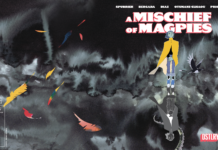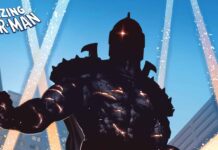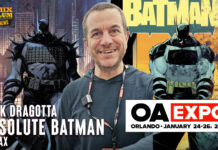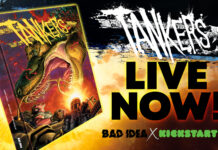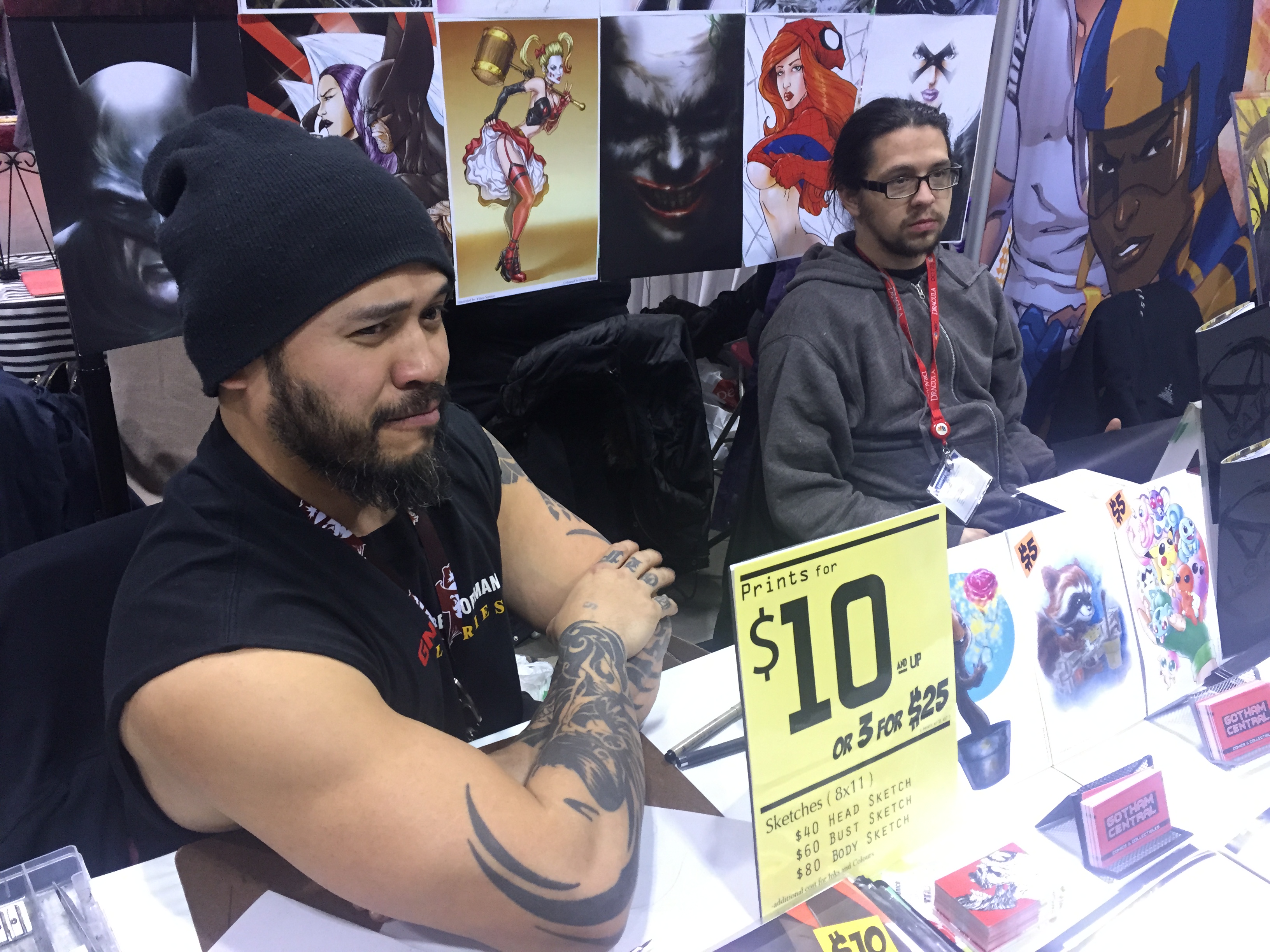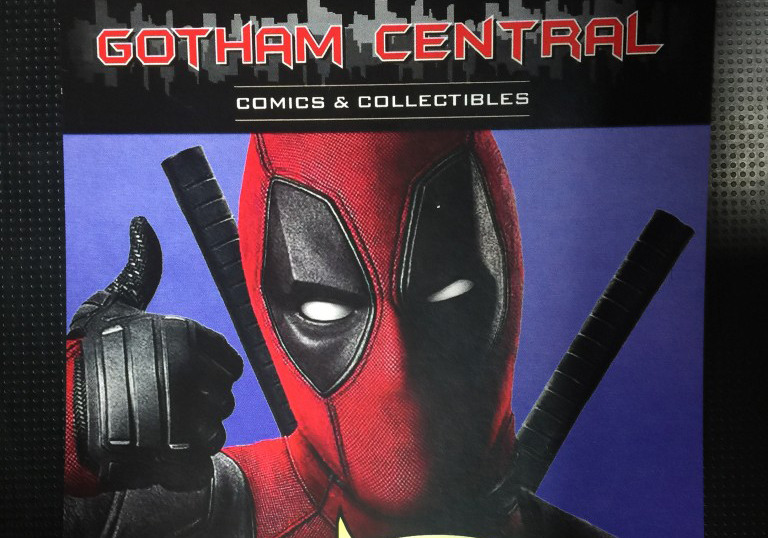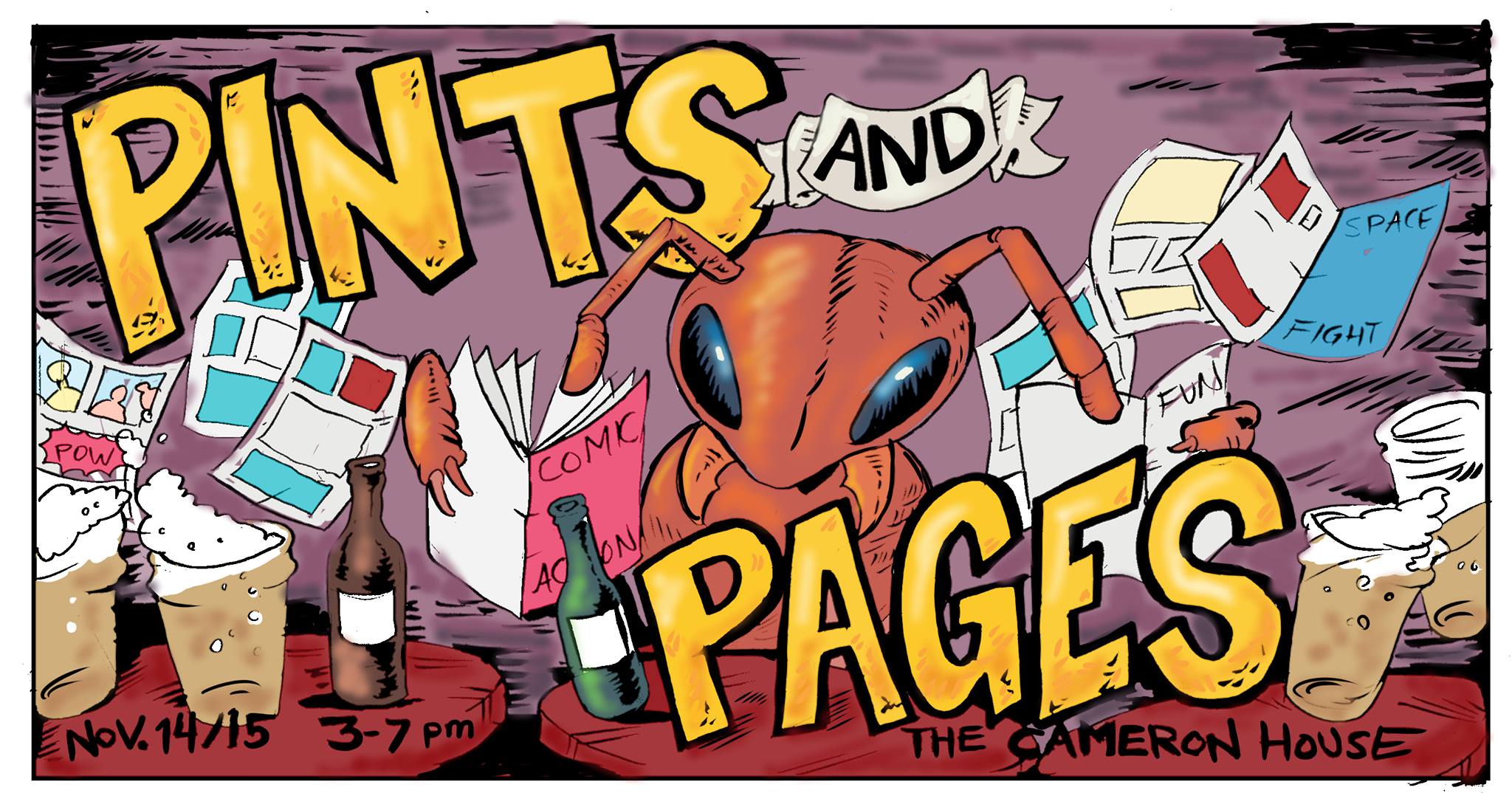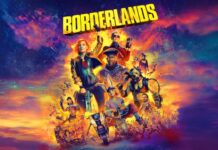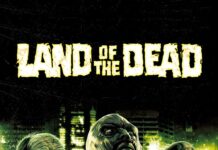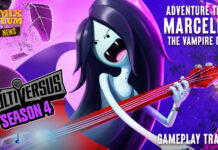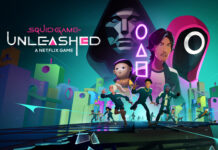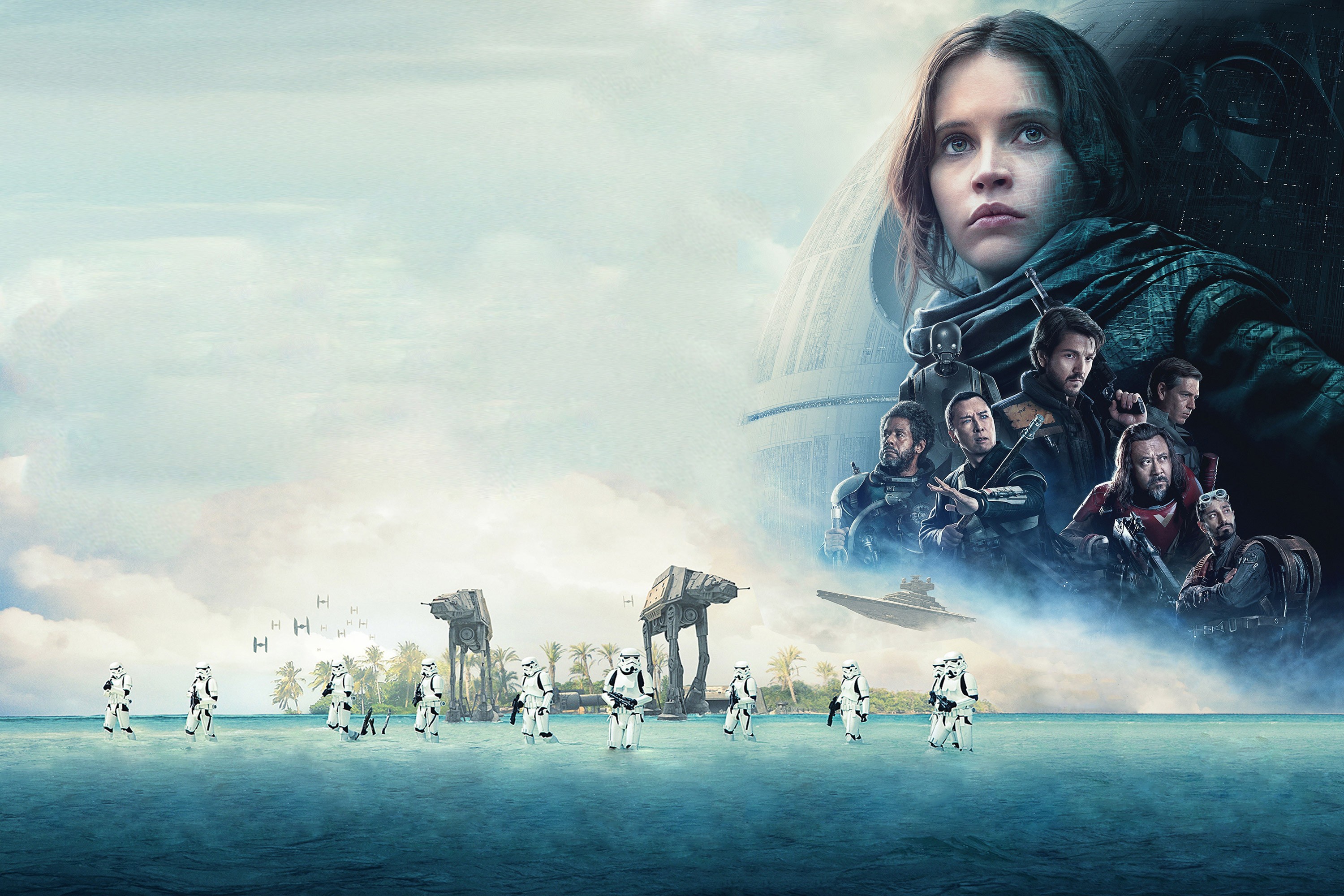It was a long, long time ago since audience’s world over visited the Empire-ruled, dust covered era of the Galactic civil War. A dead giveaway was my own father, who has had no real interest in the series since I was the age of 10, yet had questions about Darth Vader and chief characters that glued to his mind from decades earlier. It was clear before going to see Rogue One that the discourse of “not my Star Wars” regarding the newer iterations was beginning to fade away, with fanfare paid in full across the 2h, A New Hope prequel.
Rogue One feels so appropriately at home in the old universe of Star Wars, that it feels like a true preface, despite the generations put between this and A New Hope. The real testament to detail stands in the set designs. I would argue that one of the enduring qualities of Star Wars is the grit – the dusty, old feeling of the futuristic space saga. We see Empire installations with Tatooine-level grime, and storm troopers with plasteel helmets, unwashed since their day of issuance. This grit was so paid forward that some the greatest “scum and villany” in Star Wars history made appearances.
Other then that, our Motley Crue of main characters left something to be desired. While some characters were drawn out well, including the morally conflicted Cassian Andor (Diego Luna), others were sort of left to tell (instead of show) what they stood for and why. Included is Bodhi Rook, whom at one point regales of a conversation with Galen Erso (Mads Mikkelsen) that gave him a change of heart about his employment with the Empire. But here, no substance…he pretty much just lets it go after this, with a sort of “trust me, it was good” expression.
It wasn’t all action figure fodder though, some relationships were built expertly and paid homage. Jyn Erso (Felicity Jones) does a very good job of visual storytelling, allowing her character to heft the baggage and confusion of someone who lost two fatherly figures in her eyes and composure alone. Like all Star Wars movies, Rogue One is a story about family. By design or not, I felt more emotion between Jyn and Forest Whitaker’s Saw Gerrera more so then with Galen Erso. The reality of Gerrera as the de facto guardian of the orphaned Jyn lead to a very intense encounter. The state in which she finds Gerrera is very similar to that in which Luke Skywalker finds Darth Vader – broken and remorseless, but with an air of heartbreak and regret over the person he became in his adult life.
The plot seemed workable enough, however the pacing and whimsy were lacking. There was not much Star Wars magic in this one; it felt more like a war story. This lack of Star Wars adventurism was what set it apart from the other movies, and pulled it more towards being a war movie. In one scene in particular, we see an Imperial humvee get ambushed by terrorists in a small village that too similarly reflected a climate of present day skirmishes in say, Aleppo, Iraq, Afghanistan. This sort of parallel is so down trodden in Hollywood films, and was an extremely cheap way to “ground” a story about Wookies and Laser Swords. The plot went from mission to mission without much break in between, and felt sort of frantic because of it.
In conclusion, you will like it, and am optimistic about more non-essential Star Wars movies of the future.
If I were to give it a score, it would be:
Not better than Empire / 10.



